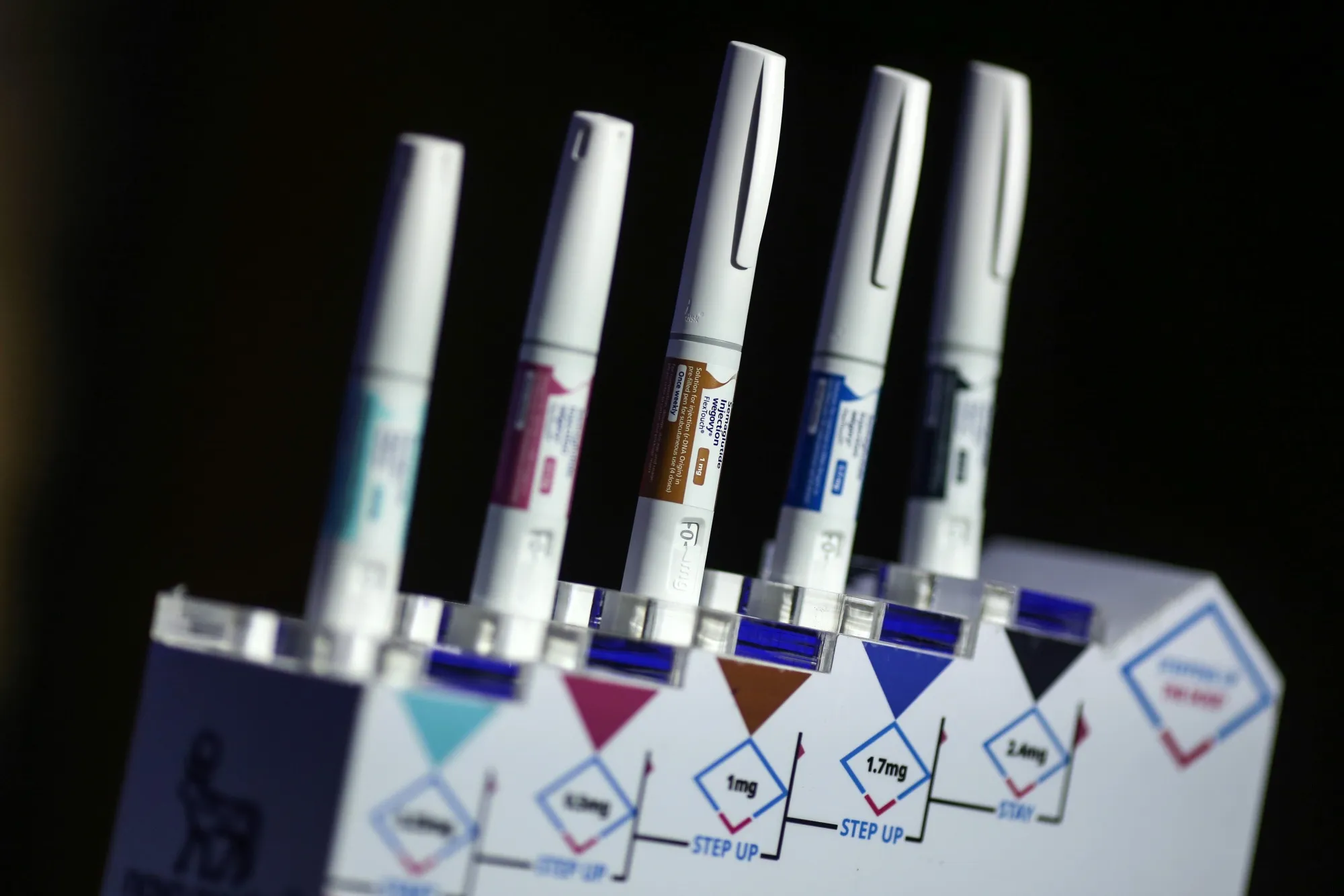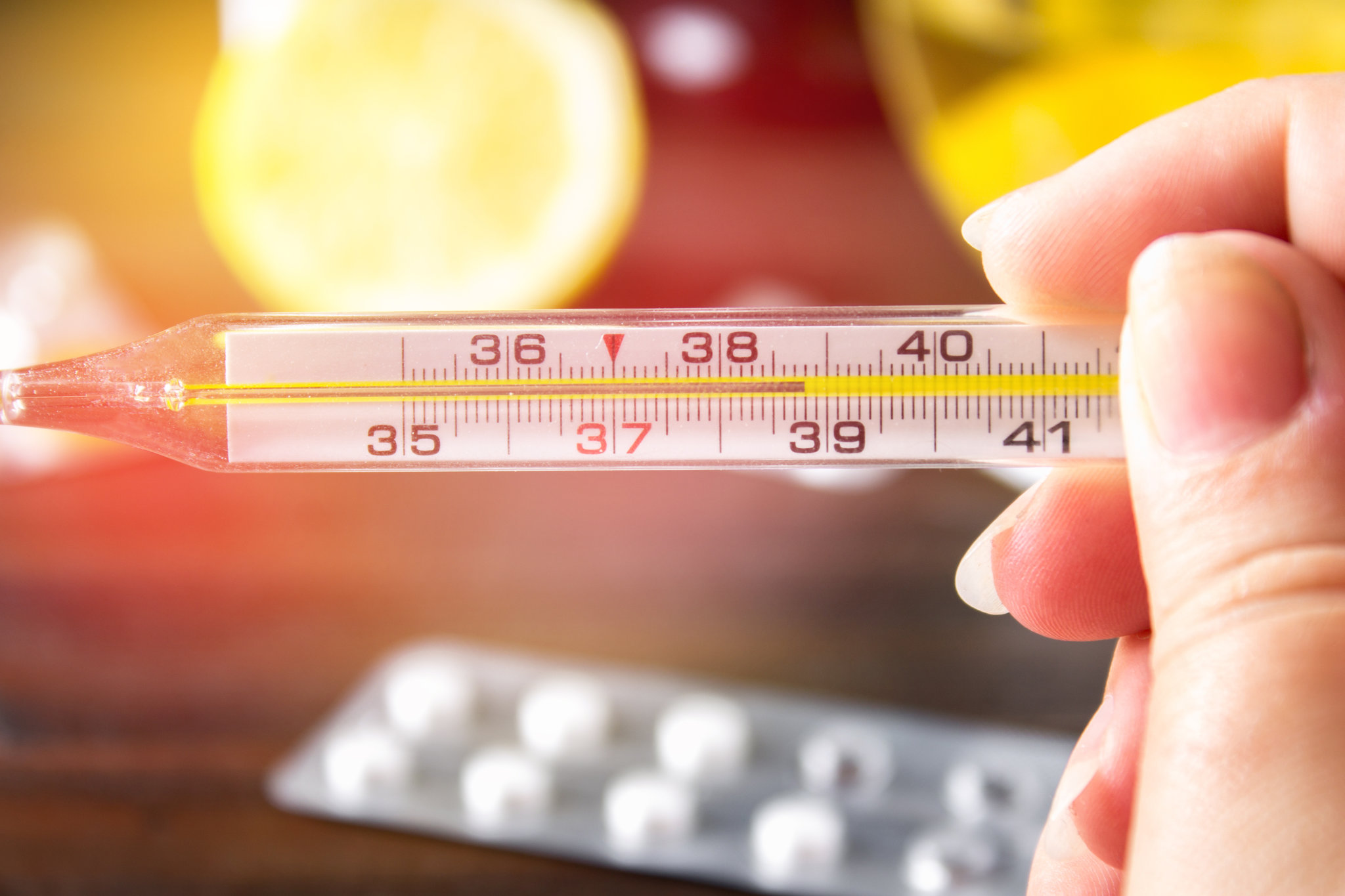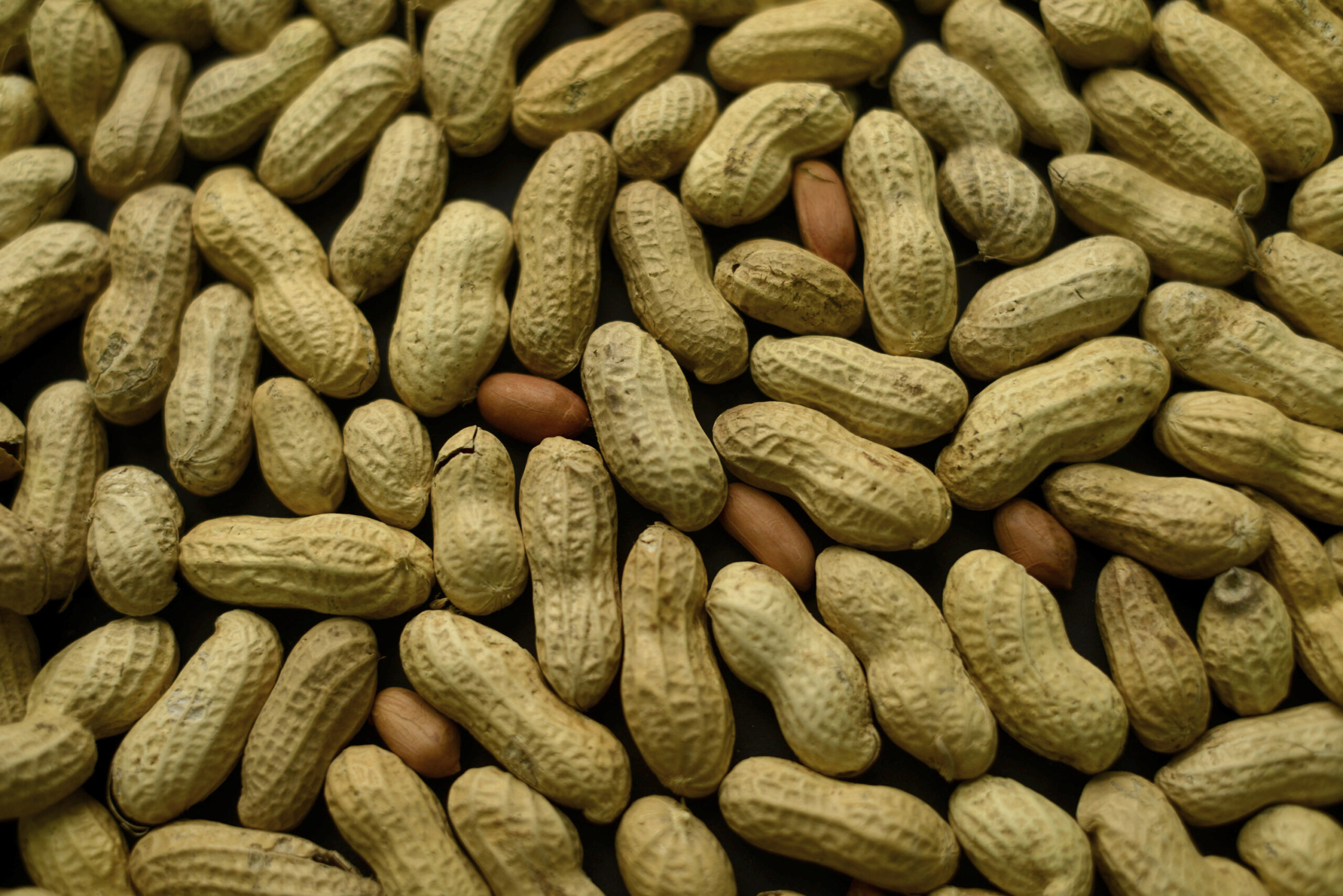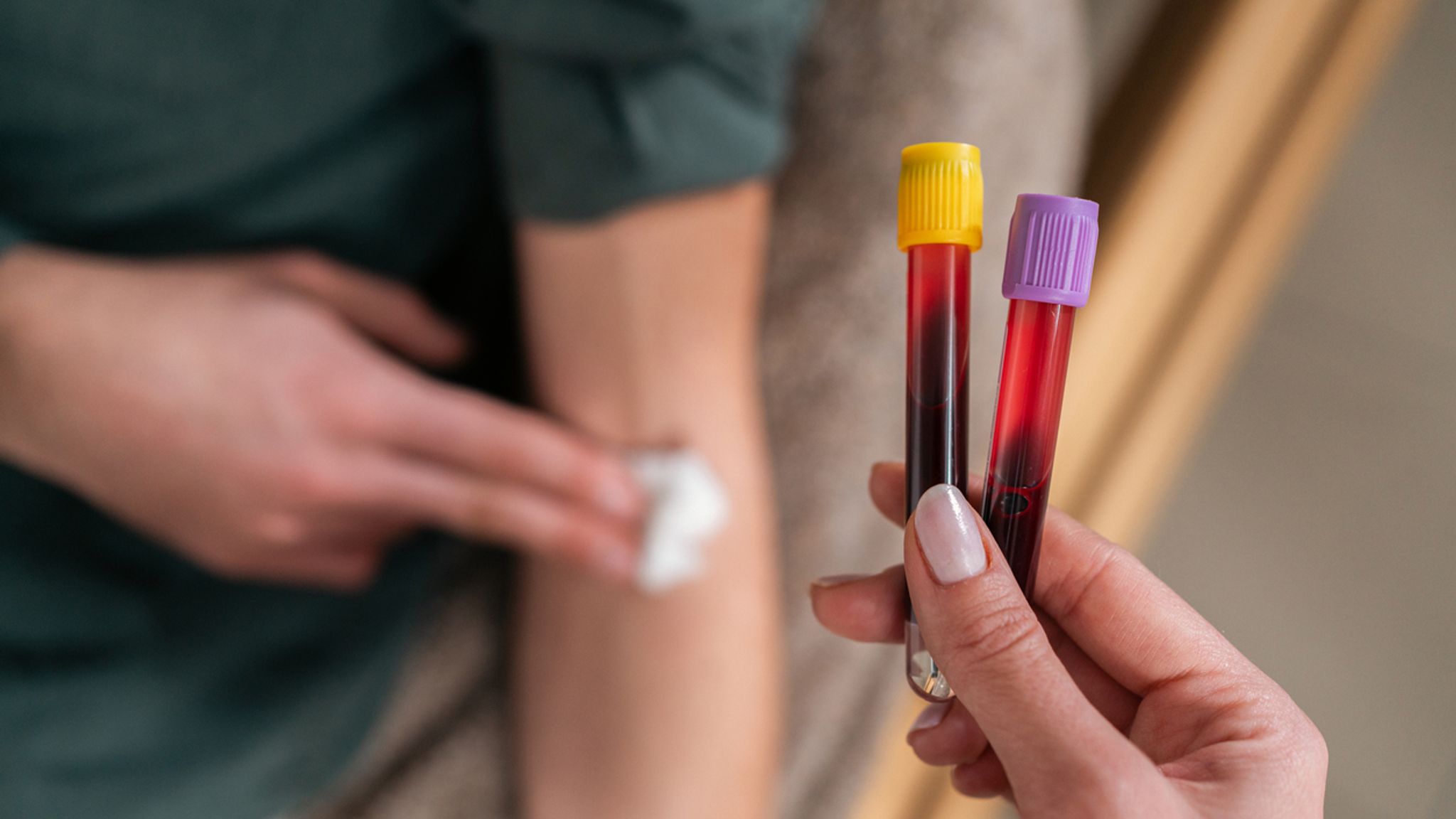
New Alzheimer’s Pill ALZ-801 Shows Promising Results for High-Risk Patients, Offering Hope Beyond Monoclonal Antibody Treatments
In the ongoing global fight against Alzheimer’s disease, new hope is emerging from a surprising source — a pill. Researchers have unveiled promising new results for ALZ-801, an oral medication that appears to slow cognitive decline among individuals at the highest genetic risk of developing the condition. The drug’s novel












